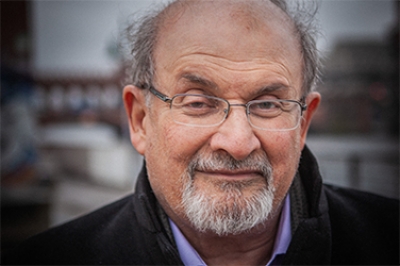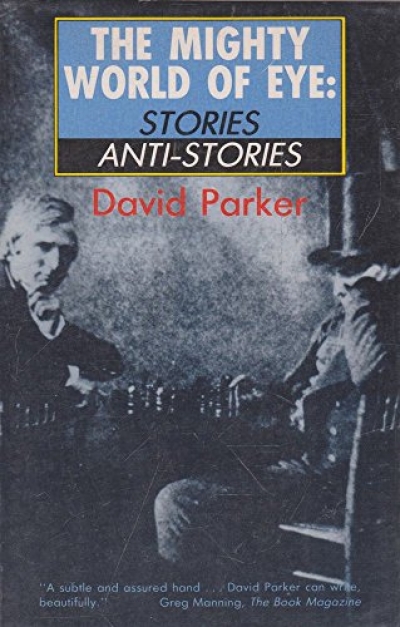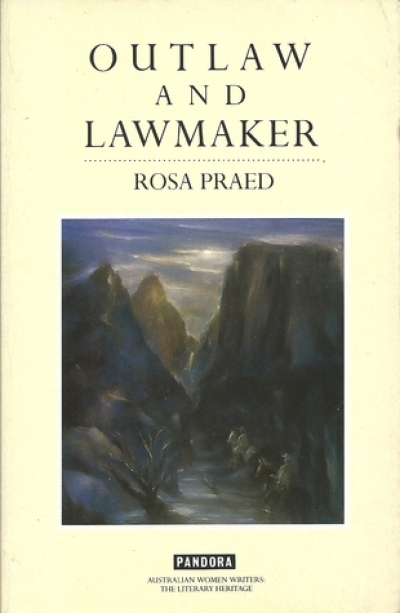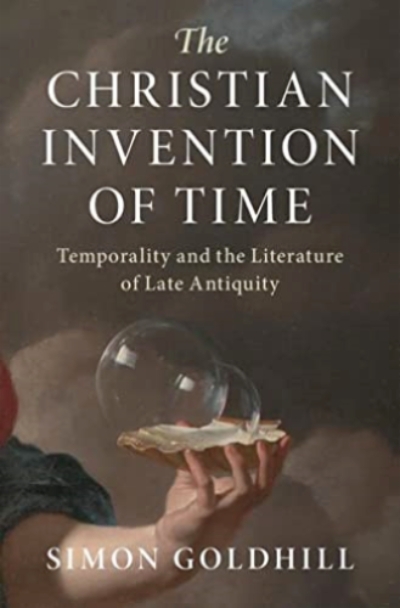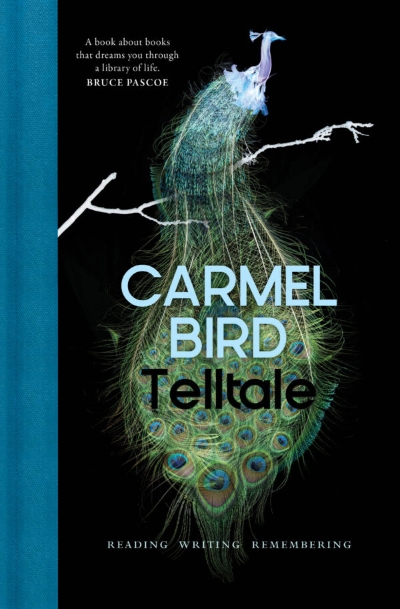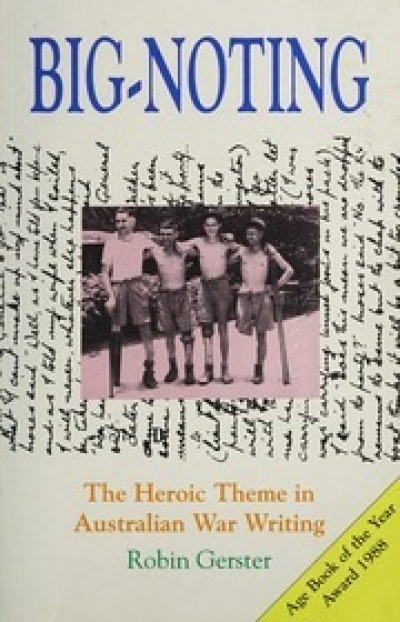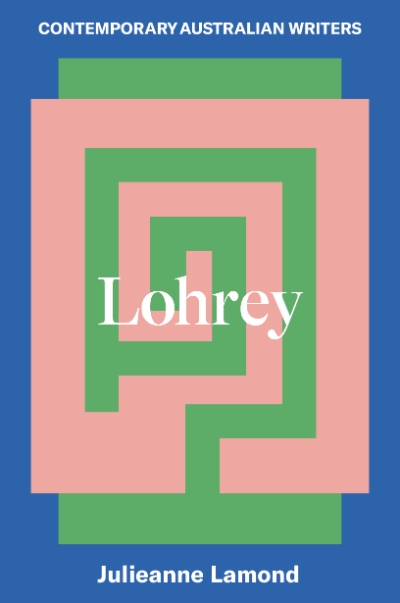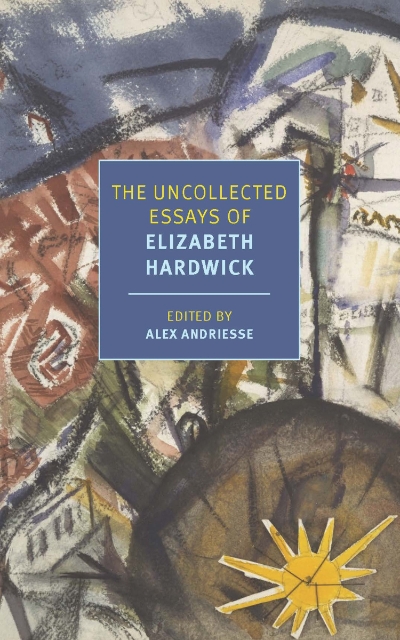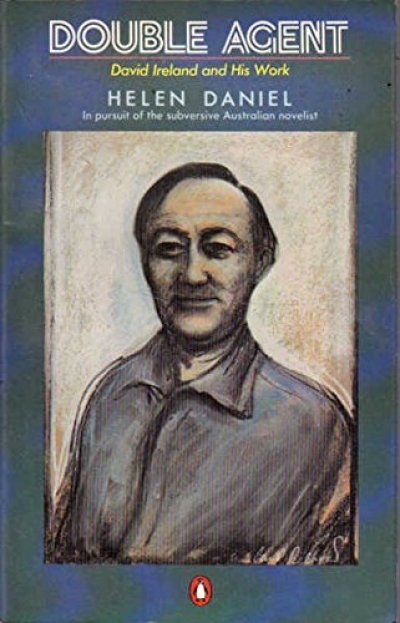Literary Studies
Restricted to phone consultations due to the Covid lockdown and my chemo-blasted immune system, I rely increasingly on the selfies of body parts that patients text me to help diagnosis. My iPhone library of lumps, bruises, wounds, rashes, boils, red eyes, and even vaginal discharges, grows rapidly, a luminous pathology museum that often reminds me of Dr Azov in Salman Rushdie’s Midnight’s Children (1981), who examines his future wife through a hole in a sheet and, over the course of many house calls, assembles a jigsaw picture of the complete woman with whom he will slowly fall in love.
... (read more)The Mighty World of Eye: Stories/Anti-Stories by David Parker
Fictions about academic life have always been about sex, but these days the sexiest thing to write about is theory. Fortunately for the writer who wants to write about both sex and theory, the equation between sexual and textual intercourses has excellent credentials in the poststructuralist canon. Followers of Barthes and Derrida have taken to the pleasures of the theoretical text with an eagerness aptly defined by the sexual metaphors they overindulge in. Others, less enamoured by theoretical discourses, have found that these provide an excellent target for parody and satire, and thus manage at once to partake in the playful intercourse and retain a critical, mocking distance. What tends to be forgotten, amidst all this textual cavorting, is that literary theory is a reasonably rigid intellectual discipline: playful though it may be, it is easy to get it all wrong!
... (read more)Outlaw and Lawmaker by Rosa Praed & Mothers of the Novel by Dale Spender
I first met Rosa Praed under the blue dome of the British Museum Reading Room some twenty years ago. She was introduced as Mrs Campbell Praed, an aspiring novelist advised by George Meredith – himself a novelist and poet, and the subject of my doctoral research – in his capacity as publisher’s reader for the well-known house of Chapman & Hall. The fact of her being an Australian writer seeking to break into the London publishing scene in the 1880s was notable; but she was marginal to my concerns at that time.
... (read more)The Christian Invention of Time: Temporality and the literature of late antiquity by Simon Goldhill
Long gone are the days when the discipline of classics was almost exclusively focused on the golden ages of fifth-century Greek and first-century bce Roman literature and their antecedents. During the past decades, under the leadership of the indomitable Peter Brown and others, the period of later antiquity has become a burgeoning field of research. Yet it cannot be said that the study of specifically Christian thought and literature has been fully integrated into this development. Too often it has remained the domain of departments of theology and religion and of their associated vehicles of publication. In his thought-provoking and stunningly erudite new cultural history of time, the distinguished Cambridge classicist Simon Goldhill not only diagnoses this state of affairs but also seeks to remedy it.
... (read more)On 1985, the American poet and essayist Susan Howe deftly jettisoned any pretensions to objectivity in the field of literary analysis with her ground-breaking critical work My Emily Dickinson. The possessive pronoun in Howe’s title says it all: when a writer’s work goes out to its readers, it reignites in any number of imaginative and emotional contexts. What rich and varied screens we project onto everything we read.
... (read more)Big-noting: The heroic theme in Australian war writing by Robin Gerster
At a time when critics are becoming increasingly interested in Australia’s war literature, Robin Gerster turns to it for an understanding of how national legends are created and perpetuated.
... (read more)The Labyrinth begins with a woman walking through her childhood home – a decommissioned asylum. In middle age she moves to a run-down house by a wild and dangerous sea, where she notes her vivid and prophetic dreams. The house is convenient because she needs to be close to her son, an imprisoned artist. She befriends a stonemason who offers to carve her a gargoyle (which she refuses). Together they design and build her version of a labyrinth, a prayer or meditation path most famously realised in the great medieval cathedral of Chartres, although Lohrey’s antipodean labyrinth is not a homage to the Chartres labyrinth, or an imitation.
... (read more)The Uncollected Essays of Elizabeth Hardwick edited by Alex Andriesse
The American poet Robert Lowell (1917–77), I don’t suppose, intended to eclipse his contemporaries, competitors, rivals, wives, any more than in one of his poems the new esplanade along the Charles River intended to stamp down ‘grass and growth’, as he rather vaguely puts it, with ‘square stone shoes’, but it’s what he did. Now, in the almost half a century since his passing, and the end of ‘the age of Lowell’, as one critic christened it back in the 1960s, his largely unintended oppression has unbent; as in the Grimms fairy tale called ‘The Frog King’, one hears the succession of hoops giving way.
... (read more)About twenty years ago, we were offered a house on Stradbroke Island for a winter holiday. Cheshire, the publishing company I had recently left teaching to work for, was also a bookseller; so not only was there a fortnight, kids willing, to catch up on all those books we had meant to read, but they were available at staff discount.
Before we left, I went through Cheshire’s paperback section like Mrs Marcos through a shoe shop. Lots of novels we had heard about, a couple of unknowns with rather promising covers and, while I was about it – to assuage the guilt of the promising covers – The Tyranny of Distance. I had heard it was good and had meant to read it one day.
... (read more)Double Agent: David Ireland and his work by Helen Daniel
Penguin’s publication of Helen Daniel’s critical book on the fiction of David Ireland is their first venture into Australian criticism, and one which I hope will be the beginning of a series on Australian writers.
David Ireland is an obvious choice for the launching of such a venture. As Daniel points out, he does not have the international reputation or readership of White or Keneally; she seems to suggest that this is because he is a far more ‘adventurous’ and ‘elusive’ writer. He has always been a controversial author in Australia, winner of many major awards, placed on some school/university reading lists, while barred as ‘obscene’ by other institutions.
... (read more)
